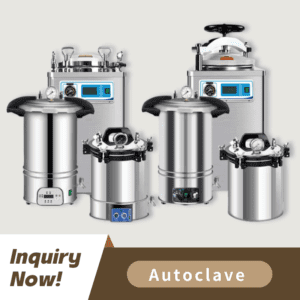
Sterilization Classifications:
Dental clinics must use Class B Autoclaves when they work with porous medical instruments such as dental handpieces. Explain cycle parameters: 134°C, 2.1 bar pressure, 18–25-minute cycles.
Class N autoclaves sterilize solid instruments while Class S autoclaves handle specialized loads.
Intelligente Funktionen:
Mobile applications enable instant monitoring of sterilization cycles through features like completion alerts and diagnostic error detection.
The system incorporates automated sensors for water quality to prevent damage to the sterilization chamber.
Energie-Effizienz:
Evaluate energy efficiency by contrasting autoclave models that use no more than 1.2 kW/h with standard units that consume 2.5 kW/h.
Water-saving designs utilize recirculation systems which achieve a 30% reduction in water usage.
The EU MDR 2025 introduces expanded documentation requirements to ensure traceability.
The FDA 510(k) submission process now includes streamlined approval routes for autoclaves through the use of AI-powered validation reports.
Emerging Markets:
Middle East distributors need GCC (Gulf Cooperation Council) certification.
ANVISA compliance for Brazil’s growing dental sector.
Technical Capability:
Require production lines certified under ISO 13485 along with internal teams dedicated to research and development.
Confirm patent ownership for innovative products such as rapid cooling systems.
Scalability:
Evaluate supplier flexibility in minimum order quantities from 10 to 500+ units and analyze lead time durations between 4 to 12 weeks.
Ask suppliers about their local warehouse facilities to lower shipping expenses.
Compliance Support:
Pre-validated cycles with downloadable test reports.
CE/FDA documentation templates for faster customs clearance.
After-Sales Service:
Review warranty durations which range from 2 to 5 years specifically for essential components.
Multilingual technical support is available around-the-clock or during business hours.
Cost Structure:
Assess total ownership costs (TCO) with maintenance expenses and spare parts included.
Obtain bulk purchase discounts such as a 15% reduction for orders exceeding 100 units.
AI-Powered Predictive Maintenance:
Sensors enable predictions of component failures 30 days ahead of time to minimize downtime.
Modular Designs:
Stackable autoclaves for clinics with space constraints.
Eco-Certifications:
The market shows increased demand for autoclaves that meet Carbon Trust Certification standards and LEED requirements.
(Hypothetical Scenario) A distributor in North America had to deal with product returns amounting to 25% because of unreliable sterilization cycles. After switching to a supplier offering:
Pre-shipment validation with biological indicators.
Region-specific voltage customization (120V/60Hz).
Quarterly technician training webinars. Result: Product return rates decreased to 3% while client retention rates increased by 35%.
Success in the dental autoclave market demands a balance between technical precision, compliance knowledge, and strong supplier alliances. Distributors who select manufacturers that offer adaptive R&D capabilities along with global certification support and scalable logistics operations will establish a competitive advantage in an industry predicted to expand at a 6.8% CAGR until 2030.
Q1: What cycle documentation do you provide? A: We supply EN 285-compliant test reports, including Bowie-Dick, Helix, and thermometric data.
Q2: Can autoclaves be customized for niche markets (e.g., veterinary dentistry)? A: Yes, we offer cycle programming for non-standard loads and specialized chamber configurations.
Q3: How do you ensure compliance with 2025 EU MDR updates? A: Our autoclaves include extended UDI (Unique Device Identification) labeling and digital IFUs (Instructions for Use).
Q4: What’s the average lifespan of your autoclaves? A: With proper maintenance, our units operate optimally for 8–12 years, backed by a 5-year chamber warranty.
Q5: Do you offer leasing or financing options? A: Flexible leasing programs are available for distributors, with terms ranging from 12–60 months.
Equip your clients with cutting-edge sterilization solutions trusted by global distributors:
E-Mail: inquiry@shkeling.com
WhatsApp: +86 182 2182 2482
Explore Our Catalog: https://autoclaveequipment.com
Warum uns wählen? ✅ 15+ Years of OEM/ODM Expertise ✅ Full Compliance with EU MDR 2025 & FDA Standards ✅ Dedicated Logistics Team for Global Delivery
Zeitlich begrenztes Angebot: Request a free sample validation report with your inquiry!

Die Sterilisation ist ein wesentliches Element der Infektionskontrolle sowohl in Gesundheitseinrichtungen als auch in Laborumgebungen. Die Sterilisation im Autoklaven durch Dampf erweist sich bei vielen Anwendungen als effektiv, aber suboptimal bei
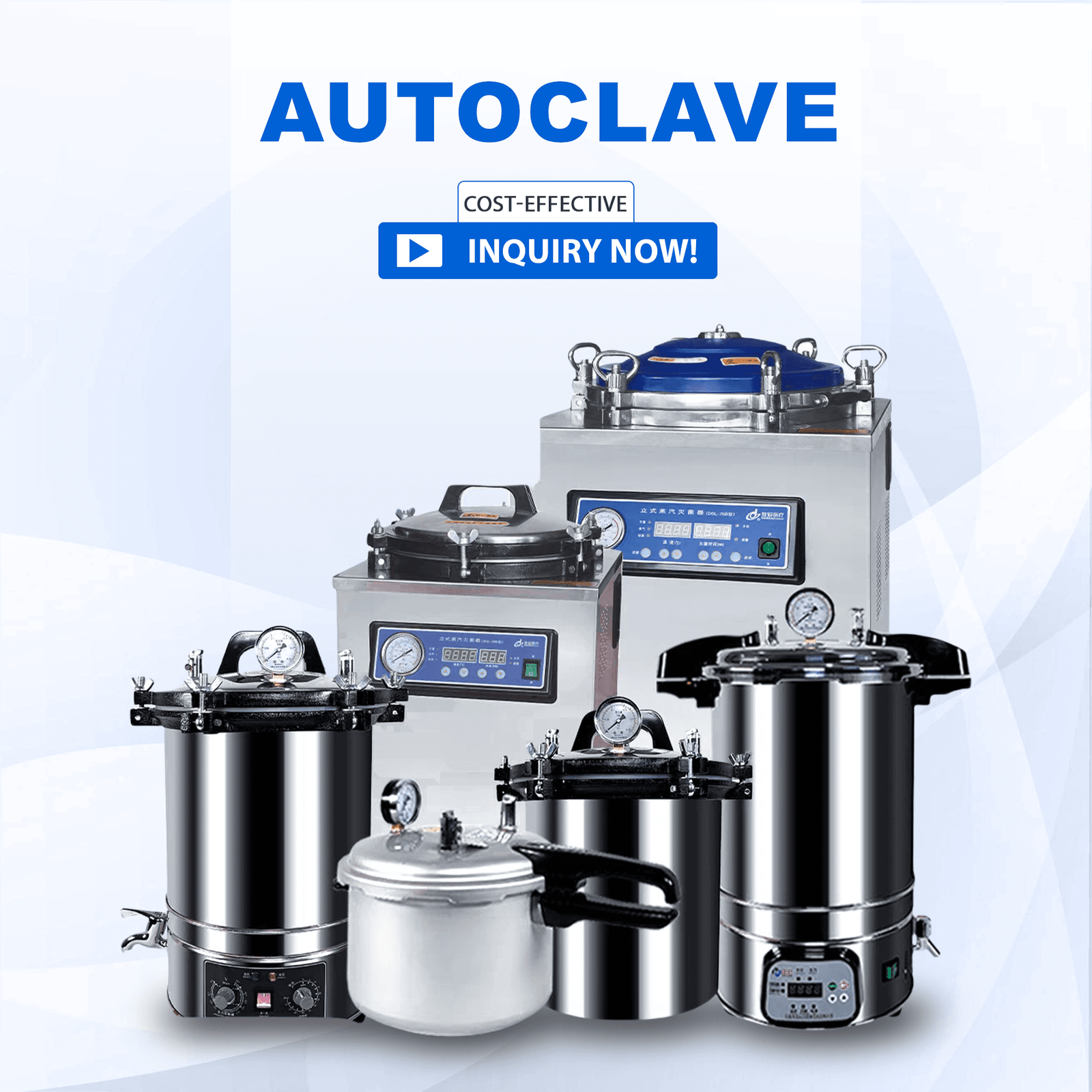
Medizinisches Fachpersonal auf der ganzen Welt vertraut auf Autoklaven als unverzichtbare Instrumente zur Gewährleistung der Sicherheit und Sterilität von medizinischen Instrumenten. Händler von Medizinprodukten und Beschaffungsspezialisten müssen die Prinzipien und Vorteile von Autoklaven verstehen

Die Fortschritte im Gesundheitswesen machen es unabdingbar, dass medizinische Instrumente jederzeit sicher und steril bleiben. Vertriebsunternehmen, Händler und Beschaffungsexperten für medizinische Geräte müssen die Sterilisationsmethoden kennen, um effektiv arbeiten zu können. Die Website
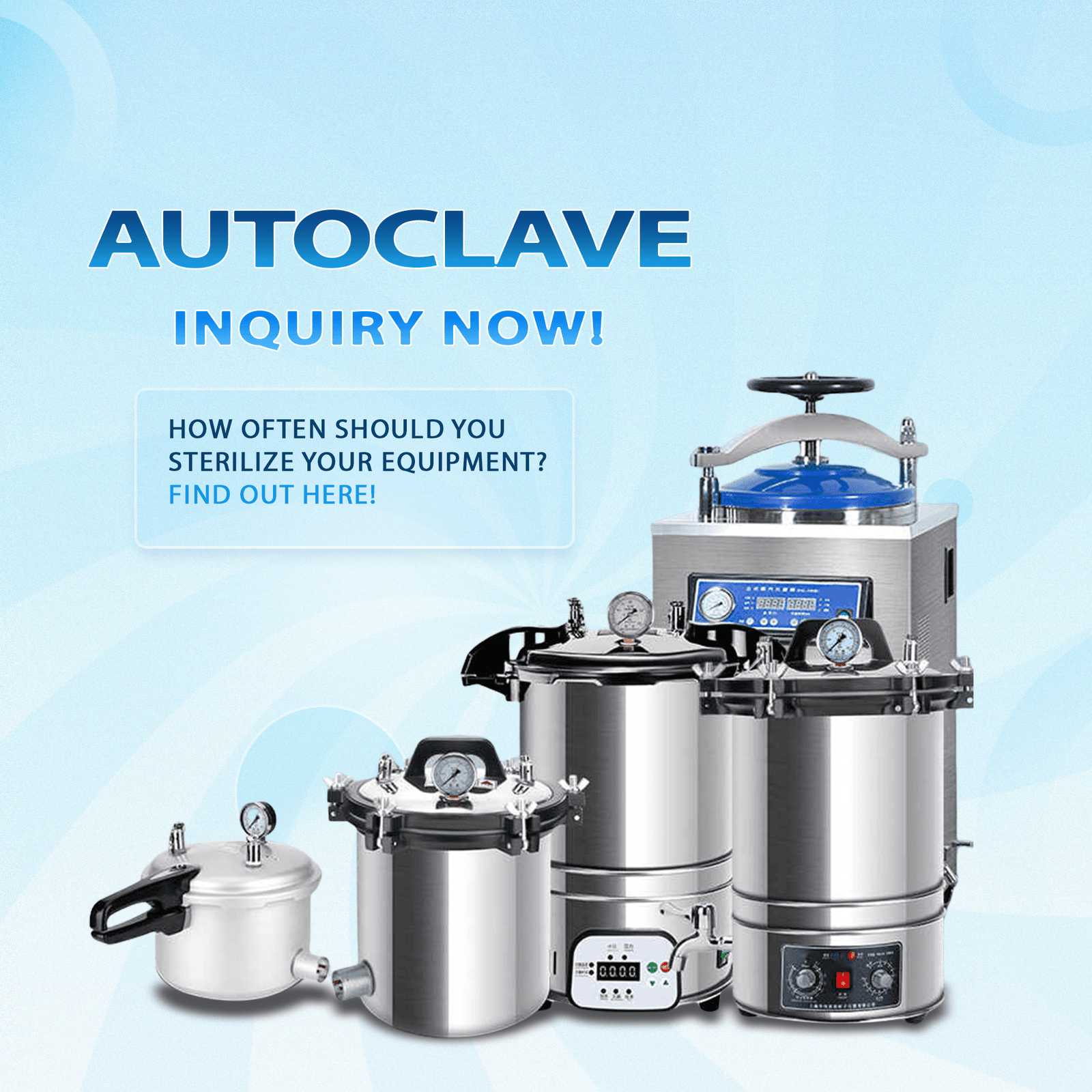
Für die Sterilisation von medizinischen Geräten und Instrumenten sind Autoklaven erforderlich, da sie die Sicherheit der Patienten schützen und die Einhaltung der gesetzlichen Vorschriften erleichtern. Auch die ausgefeiltesten Autoklavensysteme unterliegen gewissen Einschränkungen. Vertreiber von Medizinprodukten,
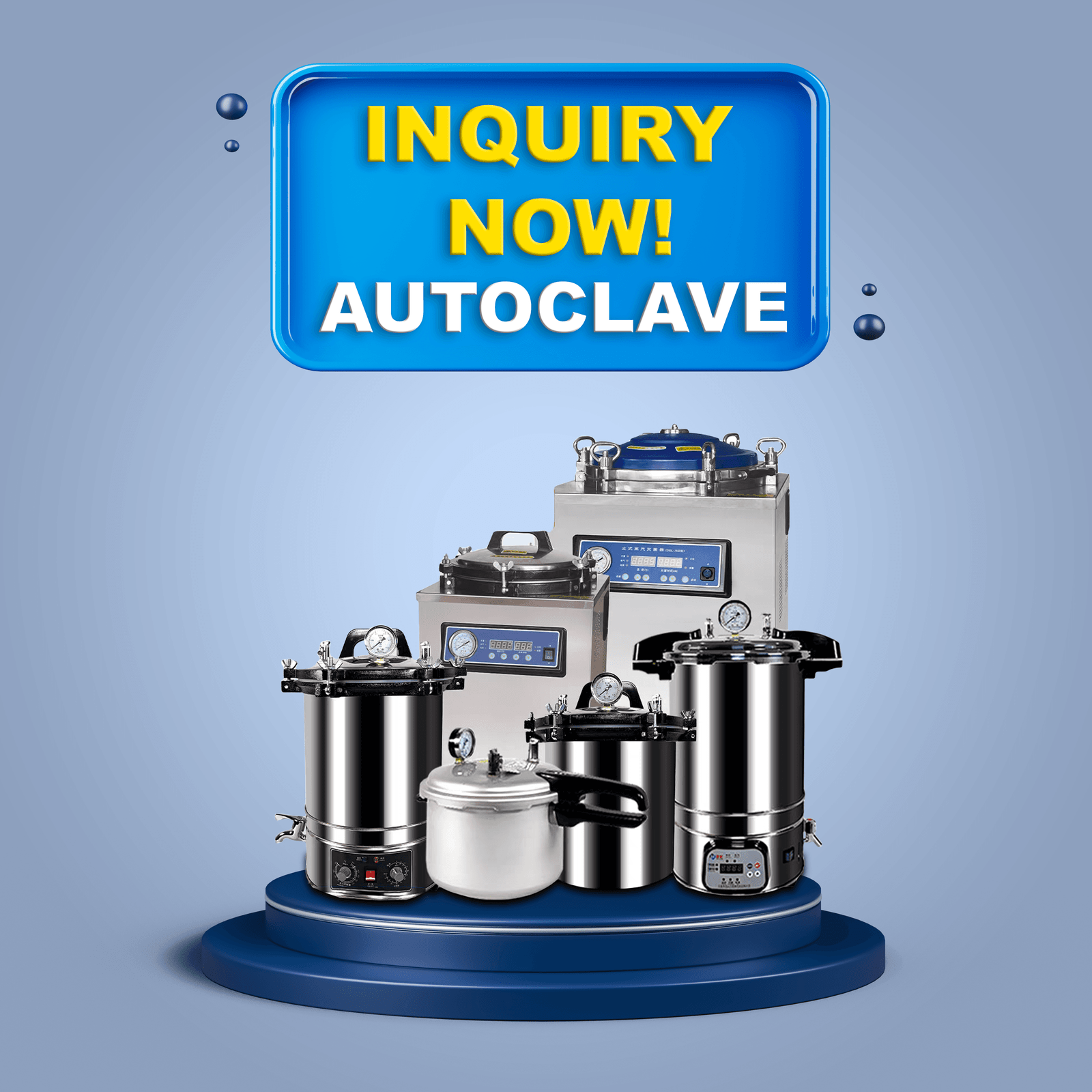
In der Herstellung von Medizinprodukten sind Autoklaven unverzichtbar, da sie eine gleichmäßige Sterilisation verschiedener Instrumente und Materialien gewährleisten. Autoklaven nutzen gesättigten Hochdruckdampf zur Ausrottung von Bakterien, Viren, Pilzen und
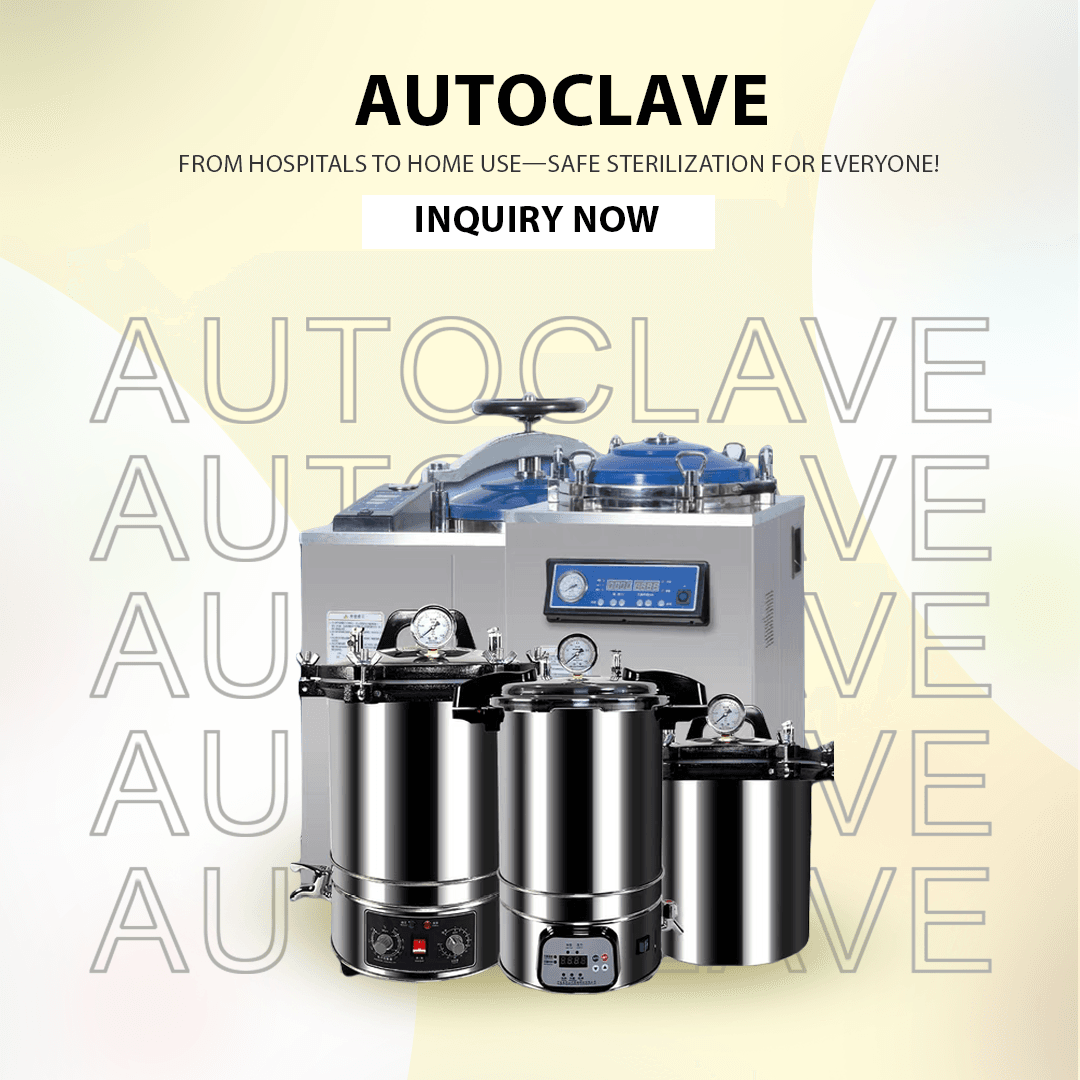
Autoklaven sind wichtige Geräte im Gesundheitswesen und in der Wissenschaft, da sie Instrumente und Materialien konsequent sterilisieren. Vertreiber von medizinischen Geräten sowie Händler und Beschaffungsexperten müssen dafür sorgen, dass Autoklaven funktionieren